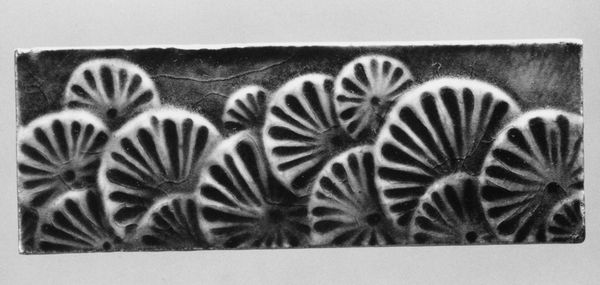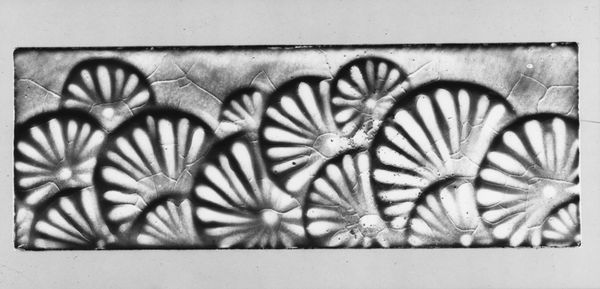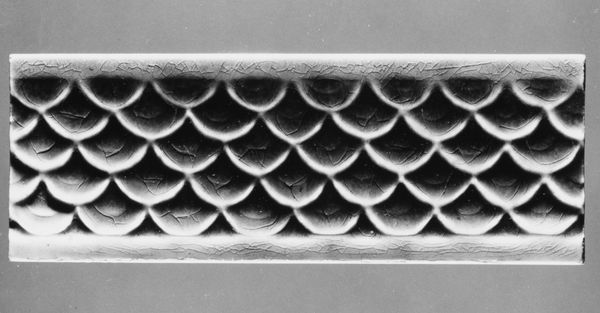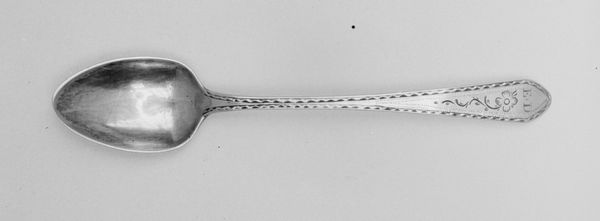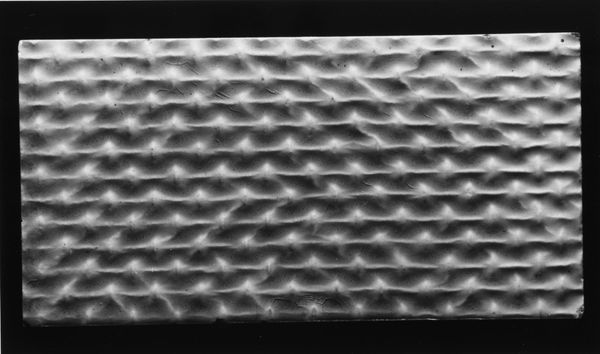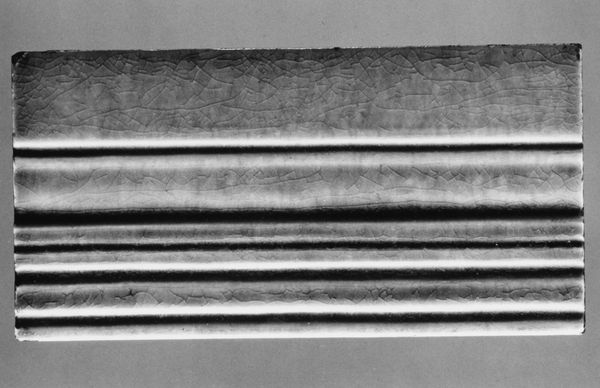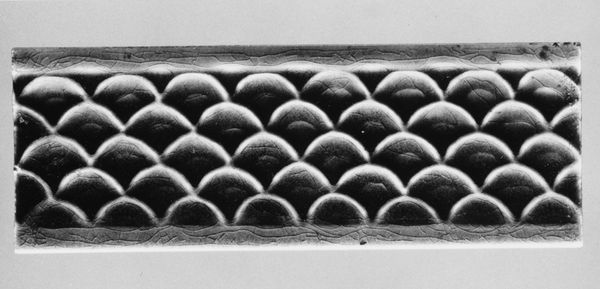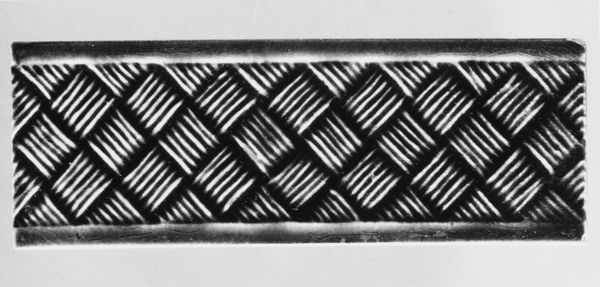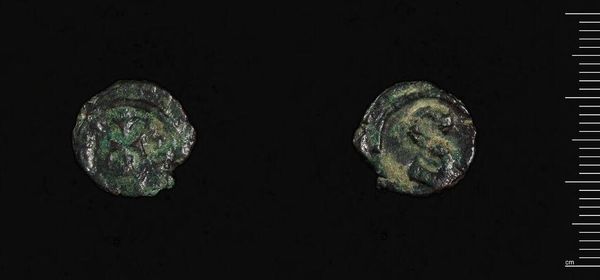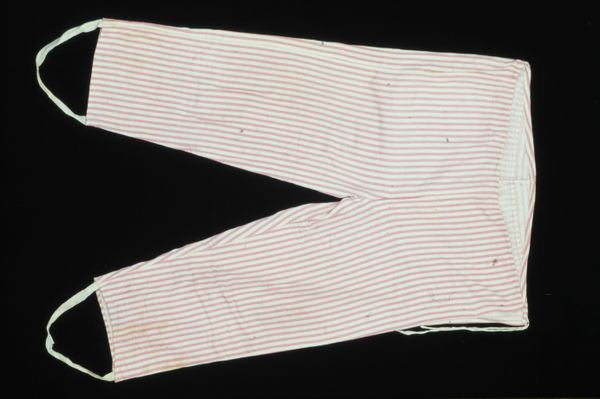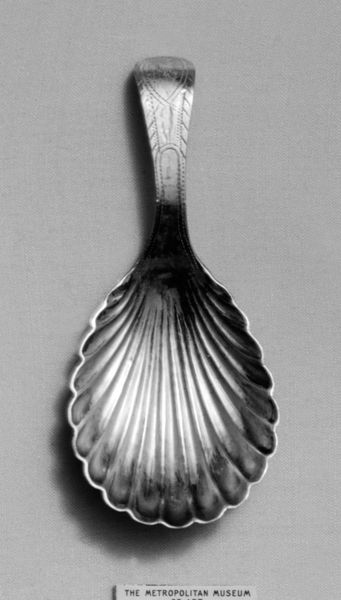
silver, sculpture
#
silver
#
sculpture
#
sculpture
#
decorative-art
Dimensions: 5 × 5 1/2 in. (12.7 × 14 cm)
Copyright: Public Domain
These two silver scallop shells were made in Sheffield, England, by T. and J. Creswick. Though undated, we can assume they were made during the height of their production between 1811-1857. The design of these dishes reflects a broader cultural interest in the natural world and the decorative arts. Shells, in particular, were popular motifs, appearing in architecture, furniture, and, of course, silverware. This fascination ties into Britain's colonial past and the exoticism associated with objects brought from distant lands. As trade routes expanded, so did the availability of new materials and designs, influencing artistic tastes. Furthermore, the increasing specialization and mass production characterizing Sheffield at the time would have enabled the wide distribution of such items, making them accessible to a growing middle class. Looking into the records of Sheffield's silver production, its trading routes, and the social history of Victorian England helps us understand these dishes beyond their aesthetic appeal. It highlights the complex interplay between art, industry, and cultural values.
Comments
No comments
Be the first to comment and join the conversation on the ultimate creative platform.
